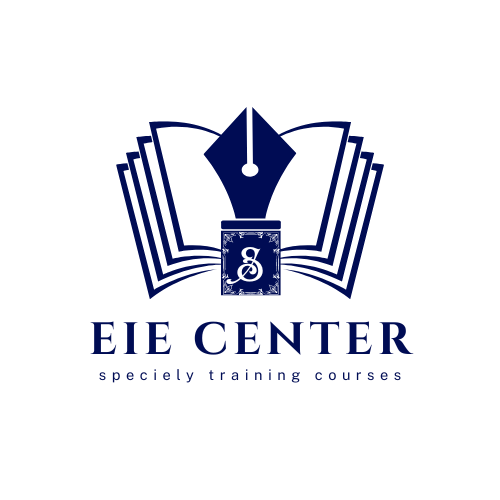Business Process Analysis & Modelling

About Course
This comprehensive training course lays the foundation for participants to master the concepts of business process analysis and modeling. It is an essential component of Business Process Redesign (BPR) and other business process improvement initiatives such as reengineering, systems development, quality management, and continuous process improvement.
Business process analysis and modeling are integral parts of improving and maintaining efficiency within a company.
In this business process analysis and modeling course, participants will gain a firm grasp on analyzing and modeling business processes at the enterprise and intricate workflow levels.
The business process analysis and modeling course offers a detailed look into a business process analysis, how it can be applied, and the benefits of its proper execution.
This business process analysis and modeling course will introduce participants to the Integration Definition for Process Modeling (IDEF0) method and the Business Process Diagram notation.
These are recognized business modeling tools and standards used widely in various business process modeling training programs.
They enable participants in the business process analysis and modeling course to engage in rigorous analysis, foster creative thinking, and facilitate the development of robust information technology systems.
Course Objectives
The business process analysis and modeling course equips participants with the ability to:
- Analyze the process dimension of the business.
- Define the scope of a business process.
- Develop an enterprise-level business process model.
- Capture and map the details of an existing business process using a model.
- Build an integrated model of a defined business process, showing its levels of detail.
- Obtain the necessary information to build a business process model.
- Identify business process improvement opportunities using a model.
- Apply best-practice business process modeling techniques.
- Implement business process improvements to achieve breakthrough results.
Targeted Competencies
- Massaging and normalizing data.
- Reporting, analysis, and reconciliation.
- Interpretation of large data sets.
- Modeling and what-if scenarios.
- Establishing data integration.
Course Content
Unit 1: Understanding Business Processes
- An introduction to business processes.
- The horizontal organization vs. the vertical organization.
- Types of business processes.
- Identifying and naming business processes.
- Defining business process scope.
- How to analyze the components of a business process.
- Mapping and modeling business processes – basic concepts.
- Practical analysis work.
Unit 2: Developing Business Process Models using Business Process Modelling Notation (BPMN)
- An introduction to BPMN.
- The core BPMN elements.
- Modeling business process activities.
- Describing business process events.
- Representing detailed branching and joining logic.
- Identifying business process patterns.
- Modeling process resources.
- Practical business process modeling work.
Unit 3: Advanced Business Process Modelling using BPMN
- Using the BPMN extended element set.
- Modeling business process sub-processes.
- Business process event types.
- Representing resources using pools and lanes.
- Message flows and default flows.
- Modeling business process exceptions.
- Describing process activity attributes.
- Advanced business process modeling work.
Unit 4: Modeling Processes Using the Integration Definition for Process Modelling (IDEF0)
- Business process architecture.
- The business process classification framework.
- The IDEF0 modeling method.
- Modeling activities and objects.
- The five IDEF0 diagram types.
- Building the top-level diagram.
- Developing decomposition diagrams.
- Practical business process modeling work using IDEF0.
Unit 5: Improving Business Processes Using Models
- Analyzing existing business processes.
- Eliciting process customer requirements.
- Measuring business process performance.
- The two stages of business process improvement.
- Moving from as-is to to-be models.
- Simulating business processes.
- Implementing business process changes.
- Choosing the right modeling tool.
Business Modeling Course Specialization
This business process analysis and modeling course also delves into various business modeling techniques to enhance competence as a process analyst.
Those seeking to obtain process analysis or business process modeling certification will find this training invaluable. It is structured to cater to the needs of those intending to become proficient in process analyst training and, hence, would serve as a solid foundation for anyone pursuing a business process analyst course or business process analysis course.
Whether a participant is seeking a comprehensive business process modeling course, a targeted business process mapping course, or broader business process training, our program is designed to meet these educational requirements and prepare them for immediate and practical application in their respective roles.
